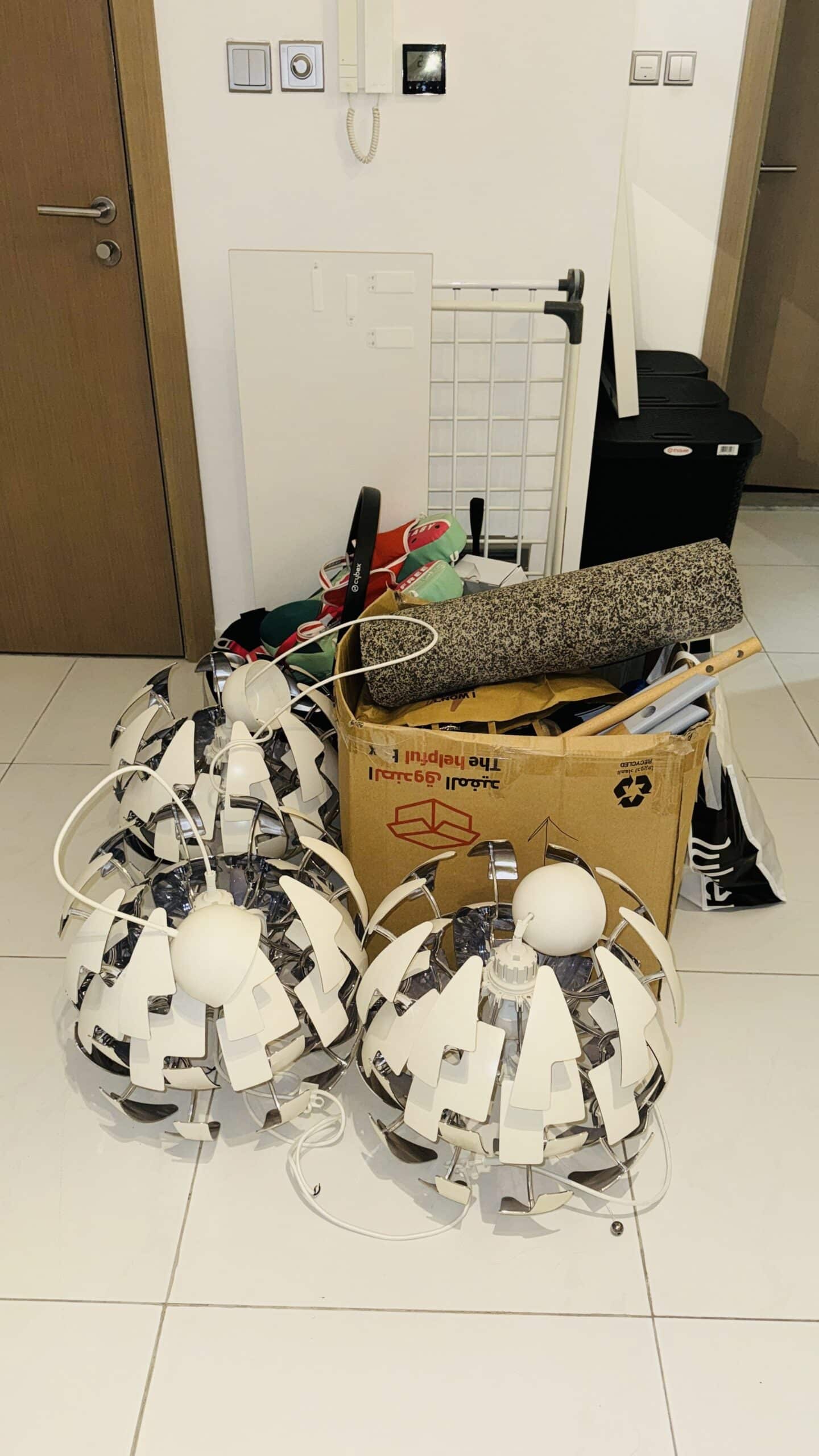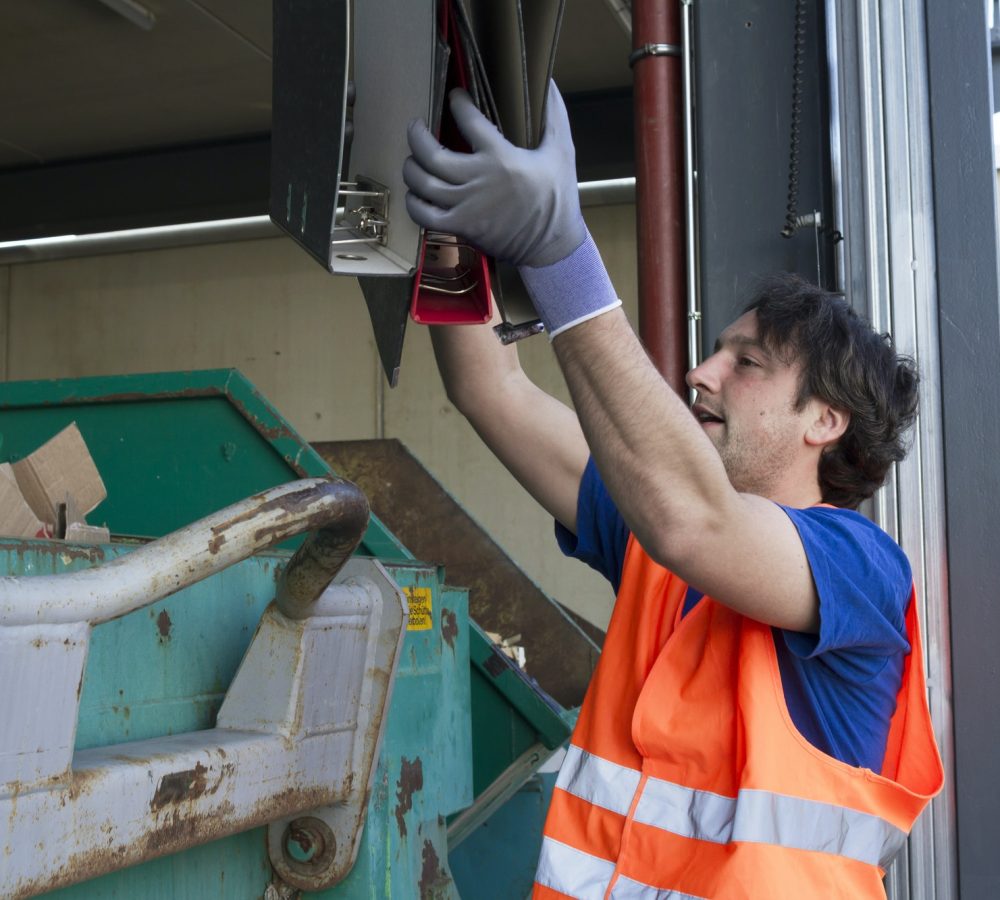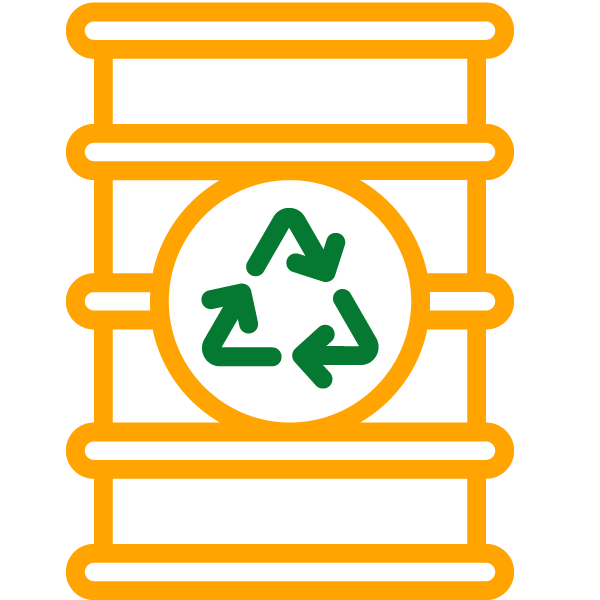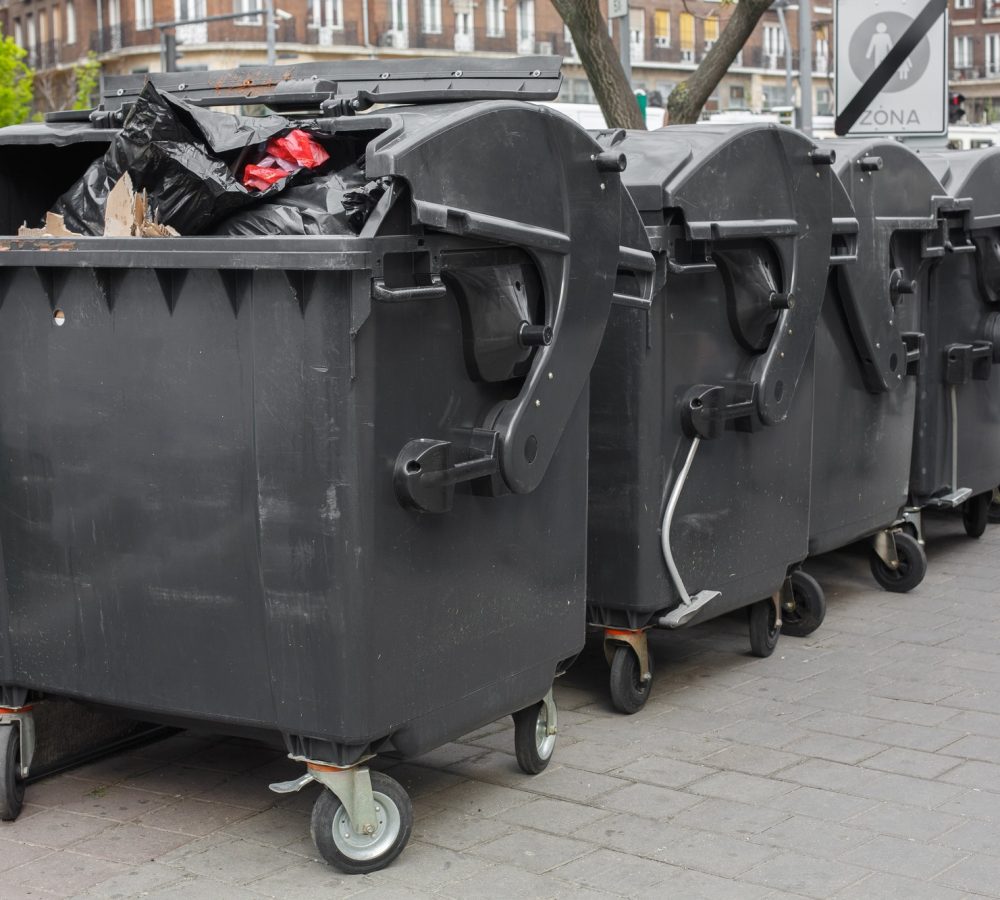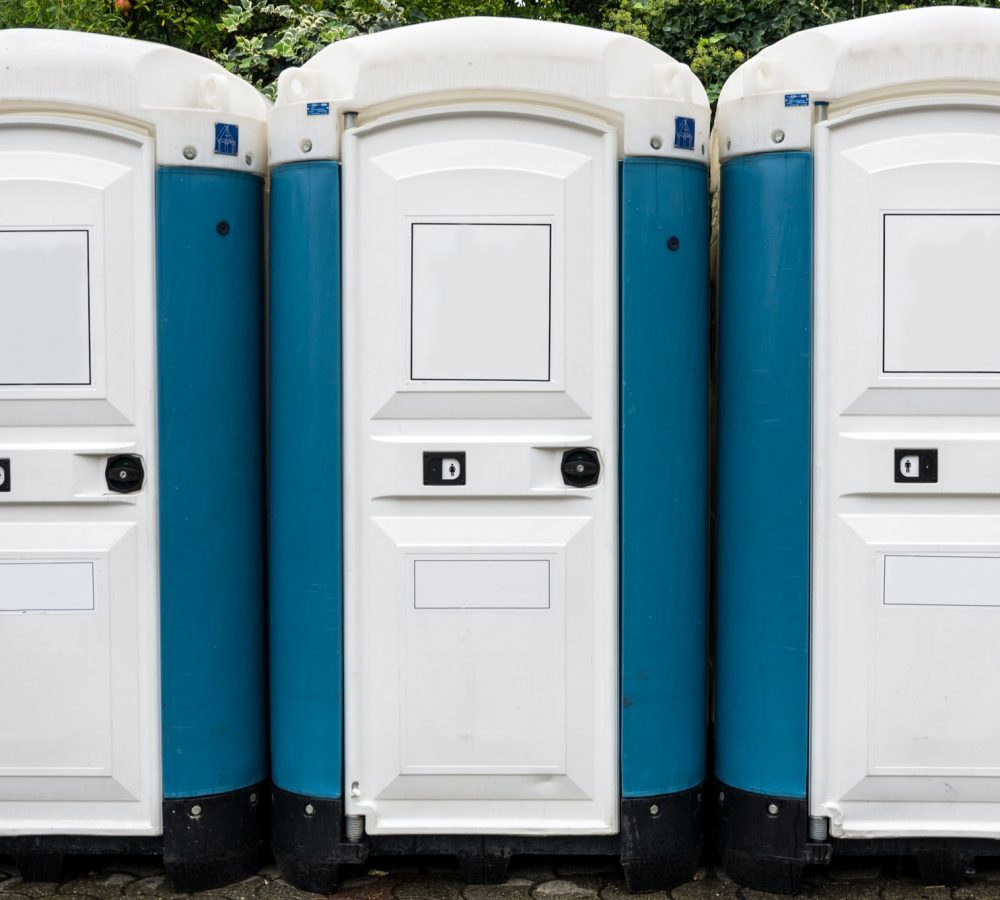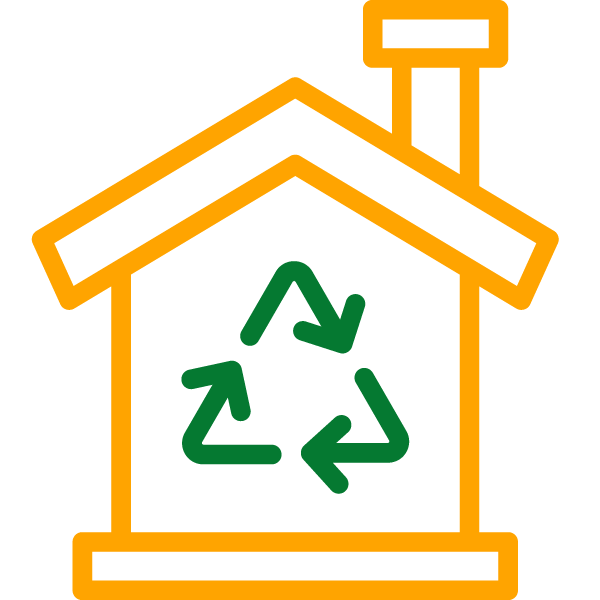Renovating a space can be an exciting yet messy endeavor, and managing construction debris is an essential part of the process. Properly handling waste not only helps maintain a safe work environment but also contributes to environmental sustainability. This section discusses hiring a professional junk removal service for construction debris. To ensure you choose the right provider, it’s important to evaluate their experience and reputation https://ecojunkdubai.com/how-to-choose-a-reliable-commercial-junk-removal-service/
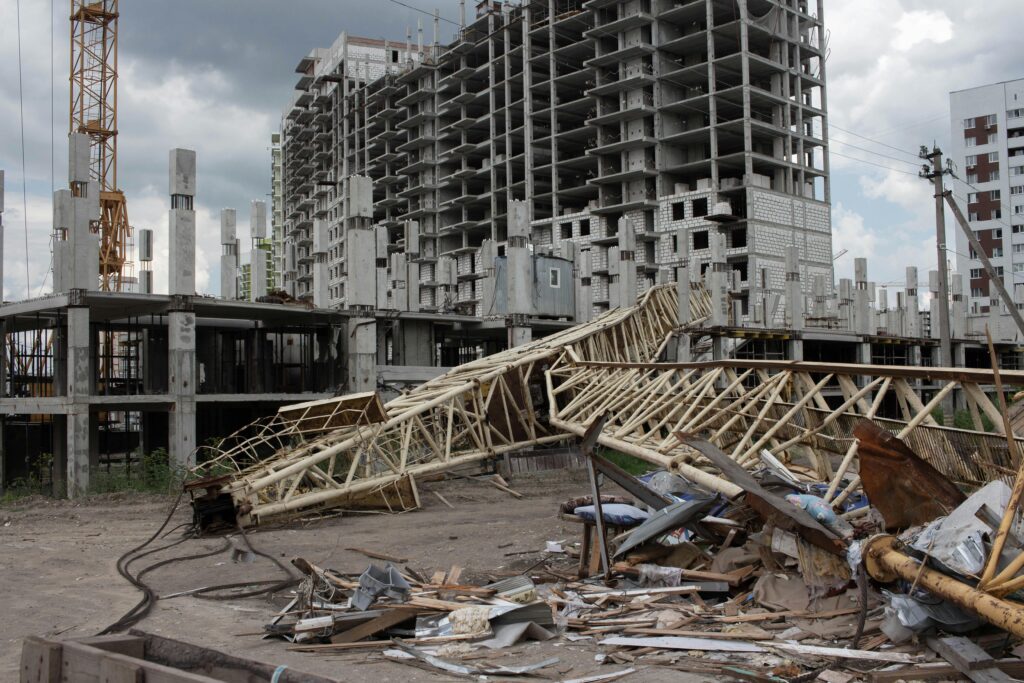
Here are some tips for effectively managing construction debris during renovations.
1. Plan Ahead
Before starting your renovation, create a detailed waste management plan. Identify the types of materials you will be using and the potential waste they will generate. This foresight will help you determine how to best manage debris throughout the project.
2. Set Up Designated Waste Areas
Establish specific areas on-site for different types of debris. This can include sections for recyclable materials, hazardous waste, and general construction waste. Clearly marking these areas will make it easier for your team to sort debris and keep the job site organized.
3. Utilize Containers
Invest in appropriate containers for waste collection. Use separate bins or dumpsters for different materials, such as wood, metal, and drywall. This will facilitate recycling and ensure compliance with local disposal regulations.
4. Recycle Whenever Possible
Maximize recycling by identifying materials that can be reused or repurposed. Many construction materials, such as metal, concrete, and wood, can be recycled. Research local recycling facilities that accept these materials and make arrangements for drop-off or pickup.
5. Hire a Professional Junk Removal Service
For larger renovation projects, consider hiring a professional junk removal service. These companies specialize in debris removal and can help you dispose of waste safely and responsibly. They also have the equipment needed to handle heavy or hazardous materials.
6. Educate Your Team
Ensure that everyone involved in the renovation understands the importance of proper waste management. Provide training on how to sort materials and dispose of them correctly, emphasizing the significance of recycling and safety.
7. Schedule Regular Cleanouts
Implement a schedule for regular cleanouts during the renovation process. This will help prevent debris from piling up and maintain a safe work environment. Regular cleanouts also allow you to assess how much waste is being generated and adjust your management plan as needed.
8. Keep Safety a Priority
Always prioritize safety when managing construction debris. Ensure that workers are equipped with appropriate personal protective equipment (PPE) and are trained in safe handling practices. Keeping the job site clean and organized will reduce the risk of accidents and injuries.
By following these tips for managing construction debris during renovations, you can create a more efficient and environmentally responsible project. Proper waste management not only helps maintain a safe work environment but also contributes to a cleaner community and a sustainable future.
Best Practices for Managing Construction Debris
To keep your renovation site clean and safe, you have to follow some precautions and follow some steps like Separate recyclable material, use bins, Remove debris frequently, train your teams properly. By following these steps, you can manage construction debris effectively and support a cleaner environment. In Dubai, builders have to submit Construction and Demolition Waste Management Plan (CDWMP) for handling waste https://www.emerald.com/insight/content/doi/10.1108/ecam-06-2024-0810/full/html


